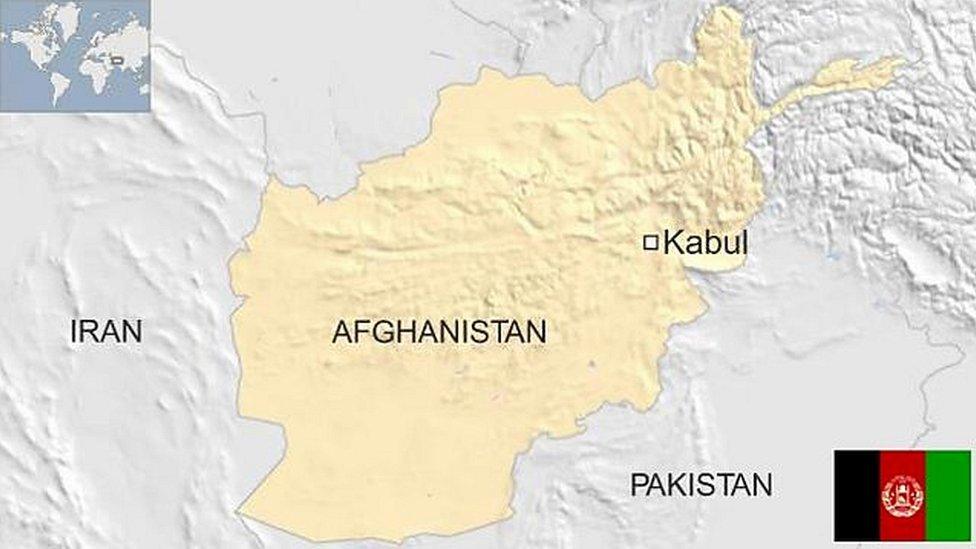Uzbekistan country profile
- Published
This page is no longer being updated. It was last updated on 30 October 2024

The land that is now Uzbekistan was once at the heart of the ancient Silk Road trade route connecting China with the Middle East and Rome.
The country came under Russian control in the 19th Century, and emerged as an independent state when Soviet rule ended in 1991.
Under authoritarian President Islam Karimov, who ruled from 1989 until his death in 2016, Uzbekistan was reliant on exports of cotton, gas and gold to maintain its rigid, state-controlled economy.
His successor, Shavkat Mirziyoyev, has made efforts to break Uzbekistan out of its international isolation and economic stagnation, but has yet to initiate any serious political liberalisation.
Read more country profiles, external - Profiles by BBC Monitoring, external
REPUBLIC OF UZBEKISTAN: FACTS
Capital: Tashkent
Area: 448,978 sq km
Population: 37.1 million
Languages: Uzbek, Karakalpak, plus Russian and others
Life expectancy: 69 years (men) 76 years (women)
LEADER
President: Shavkat Mirziyoyev
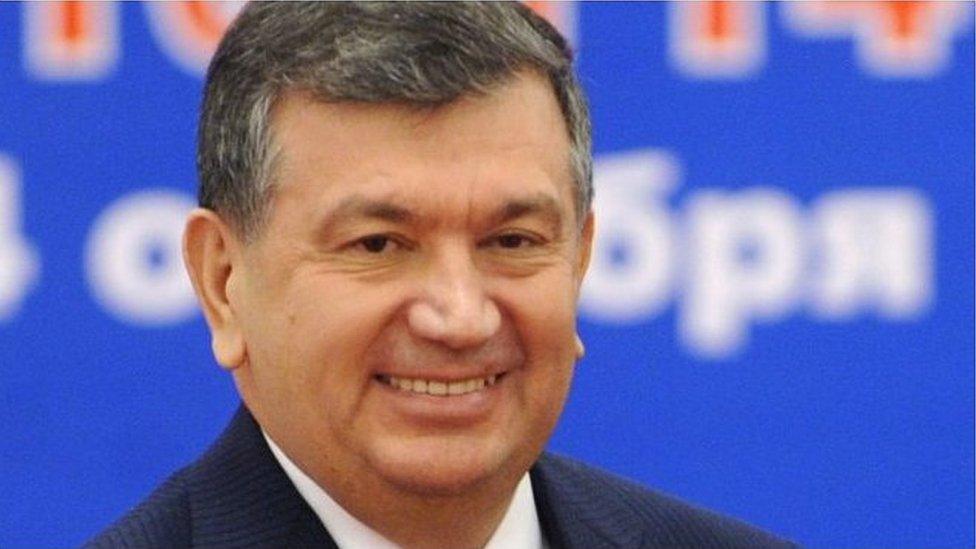
Shavkat Mirziyoyev served President Islam Karimov loyally as prime minister from 2003 to 2016, when he moved smoothly into the presidency via a deal between senior power-brokers.
He swiftly restored hitherto fraught relations with neighbouring Central Asian states, as well as Russia, China and the United States, and has sought to boost foreign investment in the moribund, state-run economy.
President Mirziyoyev has been more cautious on political reform, but managed to out-manoeuvre and replace most senior Karimov-era officials by early 2018.
He was sworn into his second term in office, after gaining a landslide victory in the November 2021 presidential election, and then again for a renewed seven-year term in a snap July 2023 presidential election.
MEDIA
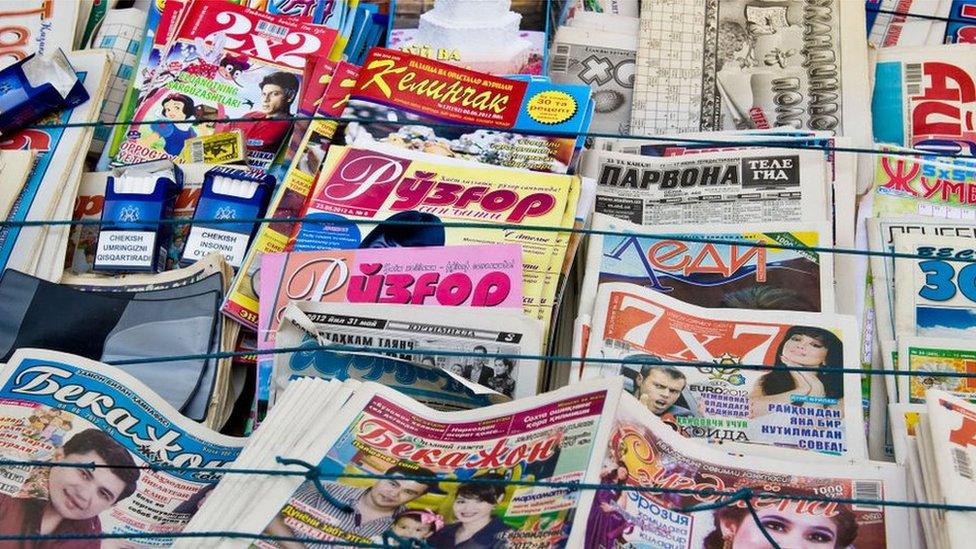
Uzbekistan is one of Central Asia's biggest media markets. TV is the most popular medium. The government broadcaster operates the main national networks.
Most media outlets are linked directly or indirectly to the state.
The authorities have steadily tightened their grip on the internet, says Reporters Without Borders.
TIMELINE
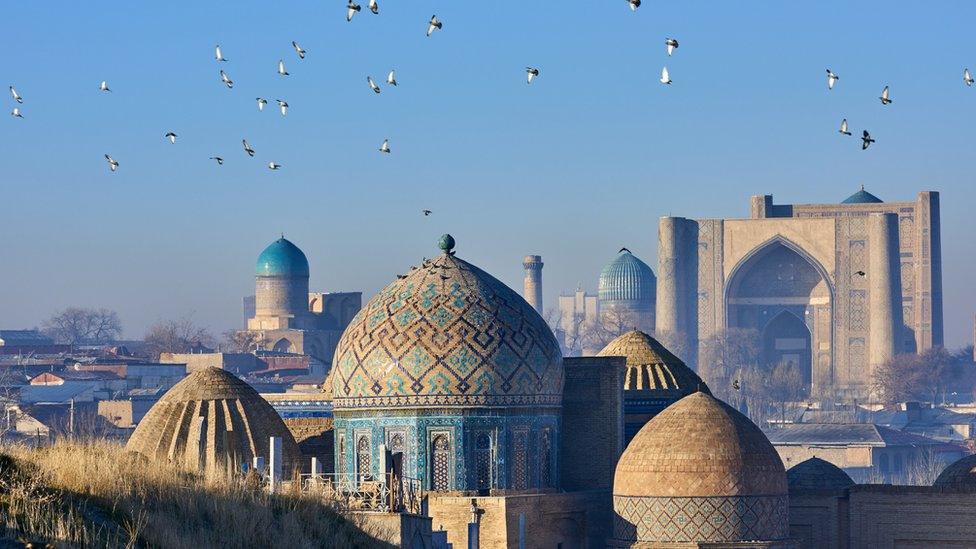
Samarkand is one of the oldest continuously inhabited cities in Central Asia and for centuries prospered from its location on the Silk Road between China, Persia and Europe
Some key dates in Uzbekistan's history:
1st century BC - Central Asia, including present-day Uzbekistan, forms an important part of the overland Great Silk Road trade route linking China with the Middle East and imperial Rome.
7th-8th Centuries - Arabs conquer the area and convert its inhabitants to Islam.
9th-10th Centuries - Persian Samanid dynasty becomes dominant and develops Bukhara as important centre of Islamic culture. As it declines, Turkic polities compete to fill the vacuum.
13th-14th Centuries - Central Asia is conquered by Genghis Khan and becomes part of the Mongol empire.
14th Century - Mongol-Turkic ruler Tamerlane establishes empire with Samarkand as its capital.
18th-19th Centuries - Rise of independent Uzbek states of Bukhara, Kokand and Samarkand.
18th-20th Centuries - Russia takes over vast areas of Central Asia, and the Soviet Union retains control of the region.
1865-76 - Russians take Tashkent and make it the capital of its Turkestan Province, incorporating vast areas of Central Asia. They also make Bukhara and Khiva protectorates and annex Kokand.
1917-1920 - Bolsheviks gradually conquer Turkestan, Bukhara and Khiva.
1918-22 - New Communist rulers close down mosques and persecute Muslim clergy as part of secularisation campaign.
1921-24 - Reorganisation of Soviet member-states results in the creation of Uzbekistan and its neighbours.
1950s-80s - Cotton production boosted by major irrigation projects which, however, contribute to the drying up of the Aral Sea.
1966 - Devastating earthquake destroys much of capital Tashkent.
1970s-1980s - Uzbek Communist chief Sharaf Rashidov ensures the promotion of ethnic Uzbek over Russian officials. He falsifies cotton harvest figures in scandal exposed under Soviet leader Mikhail Gorbachev's policy of glasnost.
1989 - Islam Karimov becomes leader of the Uzbek Communist Party, and remains in power beyond independence in 1991.
2001- Uzbekistan, China, Russia, Kazakhstan, Kyrgyzstan and Tajikistan launch Shanghai Cooperation Organisation (SCO) to tackle ethnic and Islamic extremism and promote trade and investment.
2005 - Troops open fire on demonstrators in the city of Andijan, killing hundreds of people.
2016 - Islam Karimov dies in office. Successor Shavkat Mirziyoyev eases relations with neighbouring states, and promotes economic liberalisation.
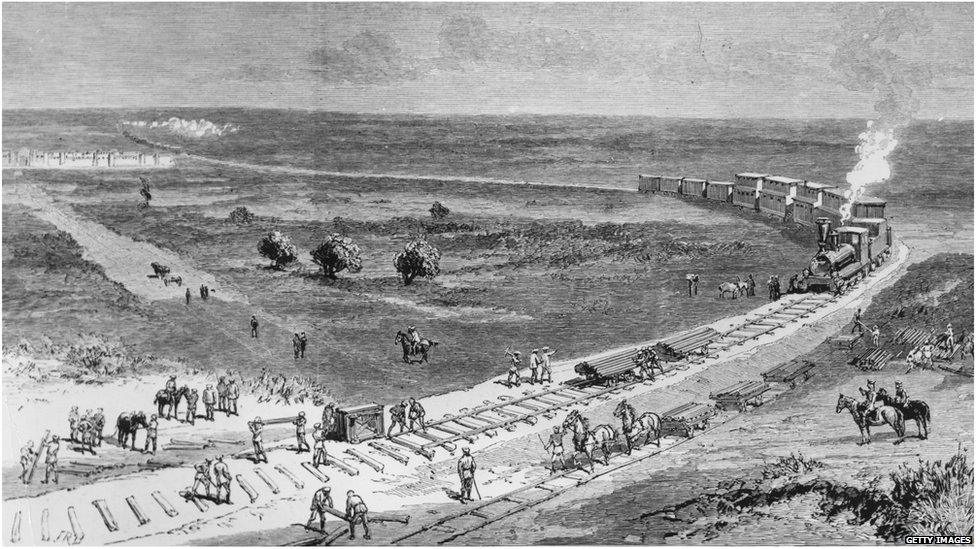
The Trans-Caspian Railway, connecting the Caspian Sea to what is now Uzbekistan, was built in the 19th Century during the Russian Empire's expansion into Central Asia
Related topics
- Published24 March 2023
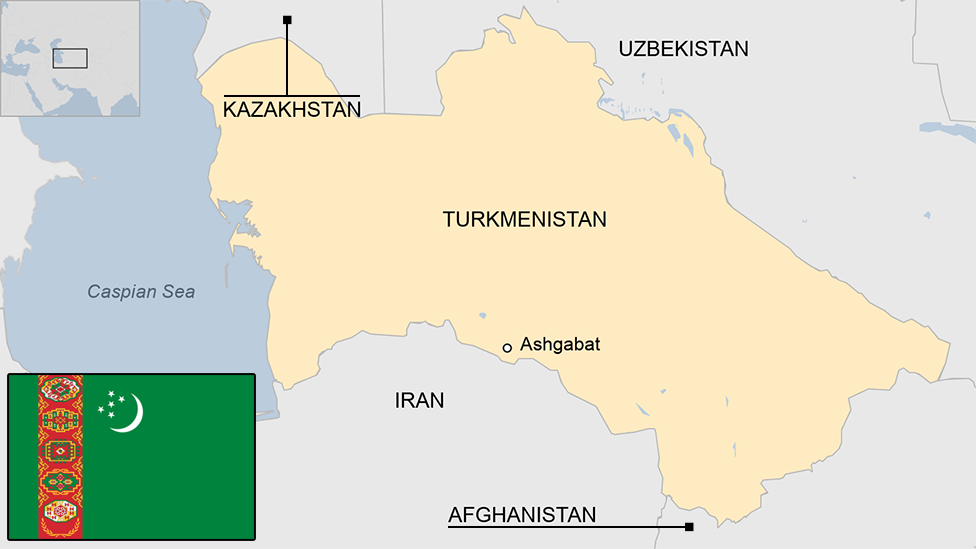
- Published24 March 2023
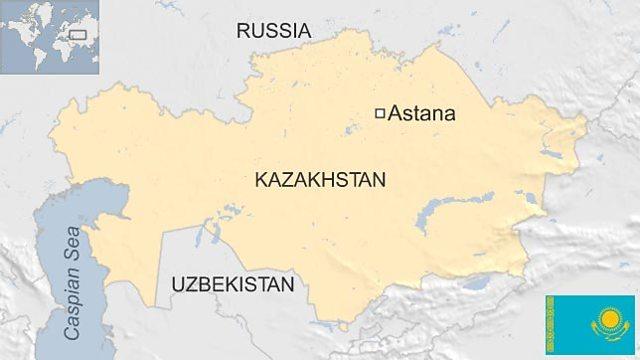
- Published24 March 2023
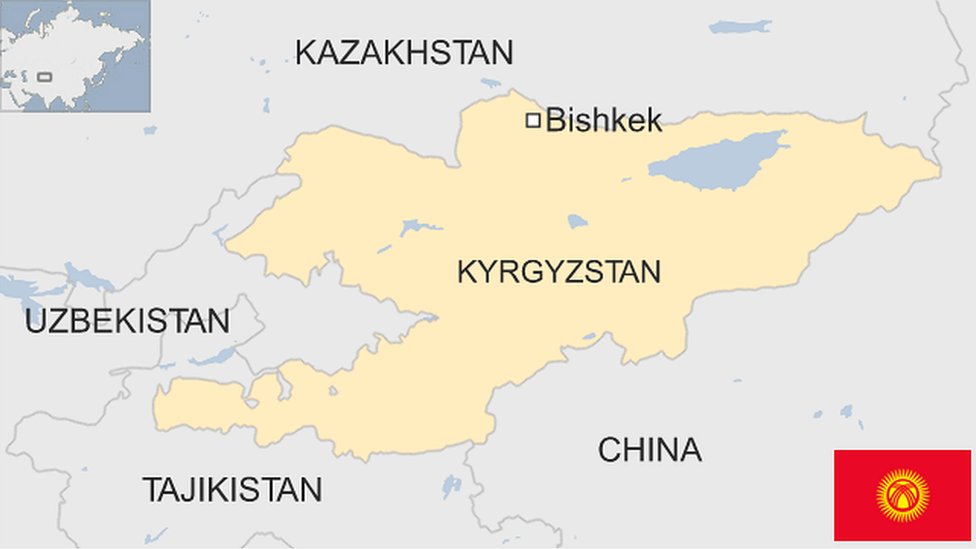
- Published30 October 2024
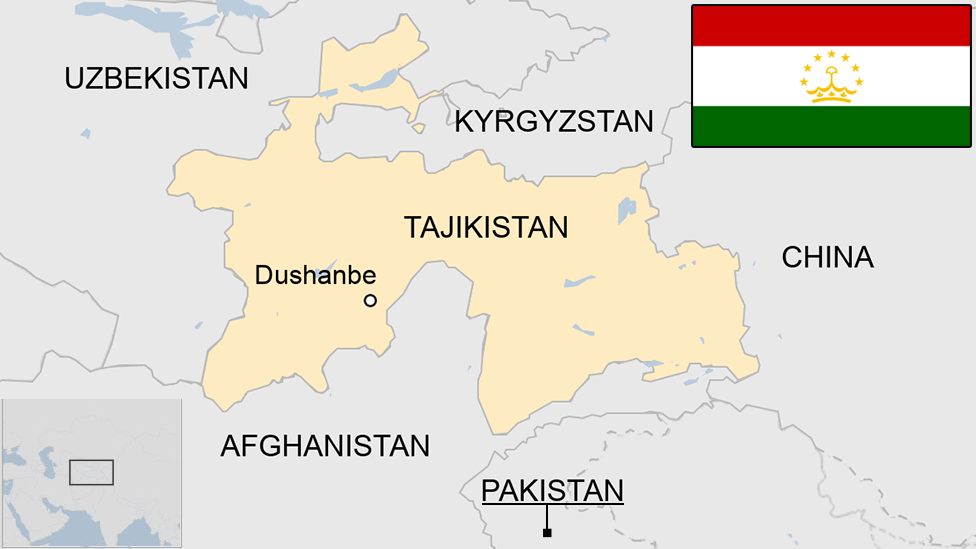
- Published10 March
